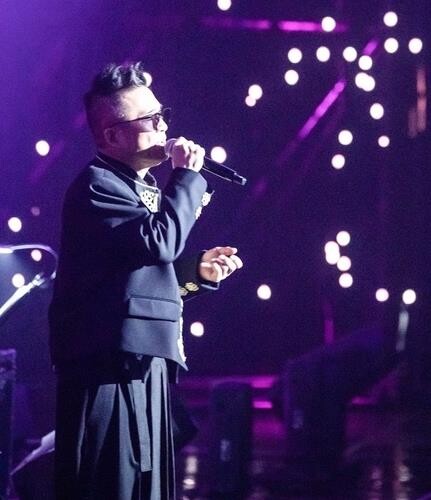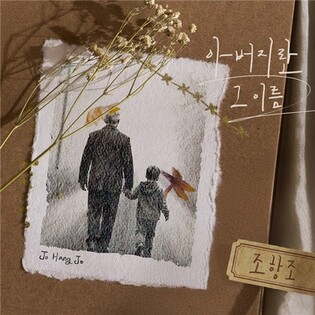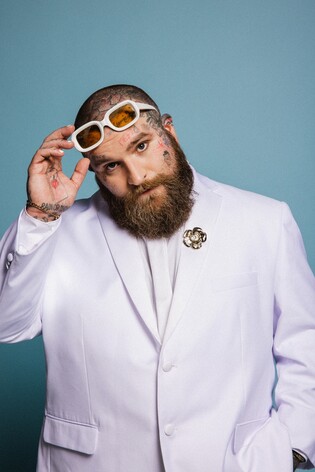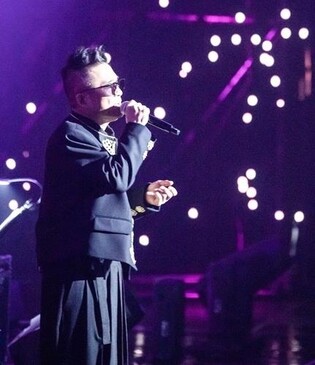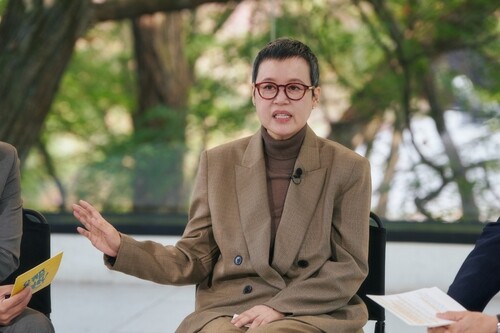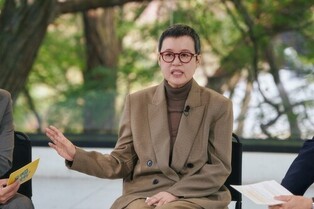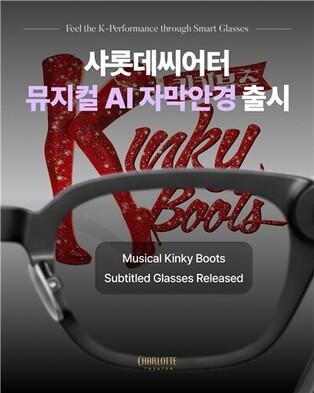dailies-editorials (2)
(EDITORIAL from Korea Times on Dec. 29)
100 days to elections
Compete with visions and policies instead of mudslinging
The 22nd general election, which will reshape the parliamentary power landscape, will take place 100 days after New Year's Day.
As election day approaches, a sense of crisis is gripping the presidential office and the ruling People Power Party (PPP). According to a survey, 35 percent of voters said they would vote for the governing party to support the Yoon Suk Yeol administration. However, 51 percent replied they would elect opposition candidates to keep the government in check.
If the opinion poll figures are reflected in the votes cast on April 10, Yoon will become a lame duck for the remainder of his term. Unable to turn his agenda into laws, he will have to resort to presidential decrees to govern while vetoing numerous opposition-led legislations – as he has been doing until now.
Reflecting the urgency of the situation the PPP faces, the party will launch an emergency committee today. Yoon virtually handpicked Han Dong-hoon, the former justice minister and his most trusted aide at the prosecutors' office, to head the committee.
But will Yoon's tactics work? The odds do not appear to be in his favor.
Han is the third interim leader of the PPP in the past 16 months. Why has the ruling party had to change its leader almost every five months? At the center of the turmoil is the president's low approval rating. Yoon won the election with 48.6 percent of voter support, but saw it fall below 40 percent only two months after taking office. His approval rating has since remained in the low 30 percent range. That shows where the problem lies.
In the same survey, respondents cited five negative things about Yoon – economy, diplomacy, overall ineptitude, lack of communication and one-sided administration – and in that order. To be very generous, the first three could be due to inexperience and take some time to improve. But the last two are personal. They can and should have been changed quickly. Even the president's core supporters point out similar things: they agree with the direction of Yoon's policies, but disagree with his governance style.
We have called for the president to cease acting like a top prosecutor and become a chief executive. Korean prosecutors live by command and discipline amid a strict hierarchy. They disallow dissenting opinions and move like a single organism. Yoon has tried to maintain his relationship with the governing party vertically. Even many PPP officials question whether theirs is truly a democratic organization.
It's symbolic that a young former PPP leader bolted the party to create a new one Wednesday, citing the president's arbitrary governance style.
The ruling camp expects Han, its new young leader, to heighten its chances of winning votes in April. There is no guarantee Han will pull that off. Everything will depend on whether Han, often called the president's "avatar," can form a horizontal relationship between the party and the president and how frankly he communicates with the leader. However, many doubt that will happen.
Even if Han successfully performs his role and the PPP wins the polls, that may not be entirely good news for Yoon as a politician. It might repeat the past examples of unpopular incumbent presidents and popular interim party leaders becoming the next presidential candidate.
Ironically, Yoon's less popular opposition counterpart has also faced a tough time. Rep. Lee Jae-myung, who heads the Democratic Party of Korea (DPK), has been exposed to judicial risks for various charges and criticized for similar problems to the president – a lack of communication with rival factions and relying only on core supporters.
What's missing in these leadership controversies are the policies that can change people's lives. Policy differences between the right-wing PPP and the relatively left-leaning DPK must exist. However, voters do not know those differences because the parties do not discuss them. They are focused only on who will run in what precincts.
Leaders must communicate with party members and the public more openly and freely. They should discuss real issues, like the economy, climate, peace, and security, and compromise with opponents if needed.
Next year will mark another significant turning point. Korean leaders cannot afford to be engrossed in petty power games. They must make people lead better lives by upholding national security and supporting the economy through competition and cooperation instead of trying to destroy each other.
(END)
(C) Yonhap News Agency. All Rights Reserved


















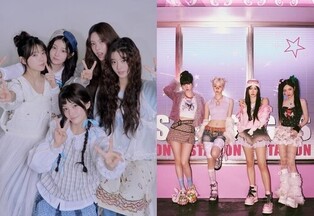

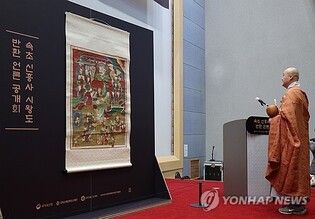
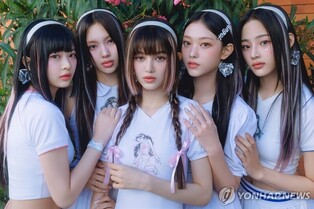
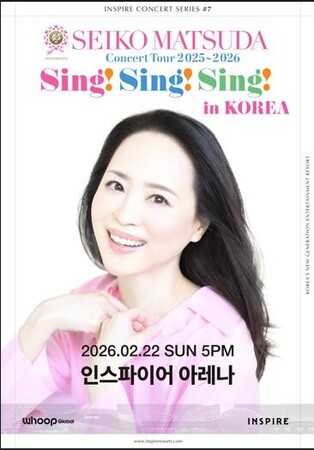
![[가요소식] 조항조, 새 싱글](/news/data/20251116/yna1065624915927473_582_h2.jpg)

